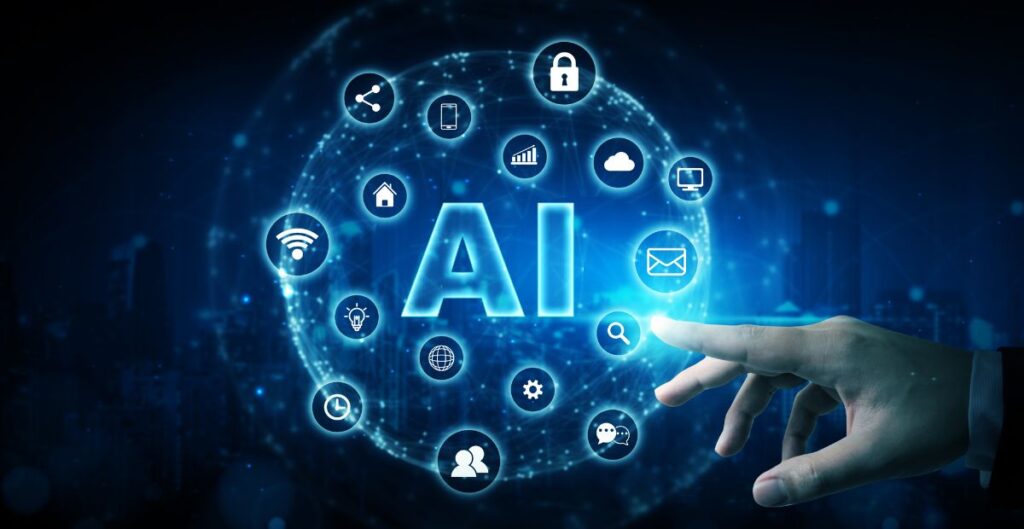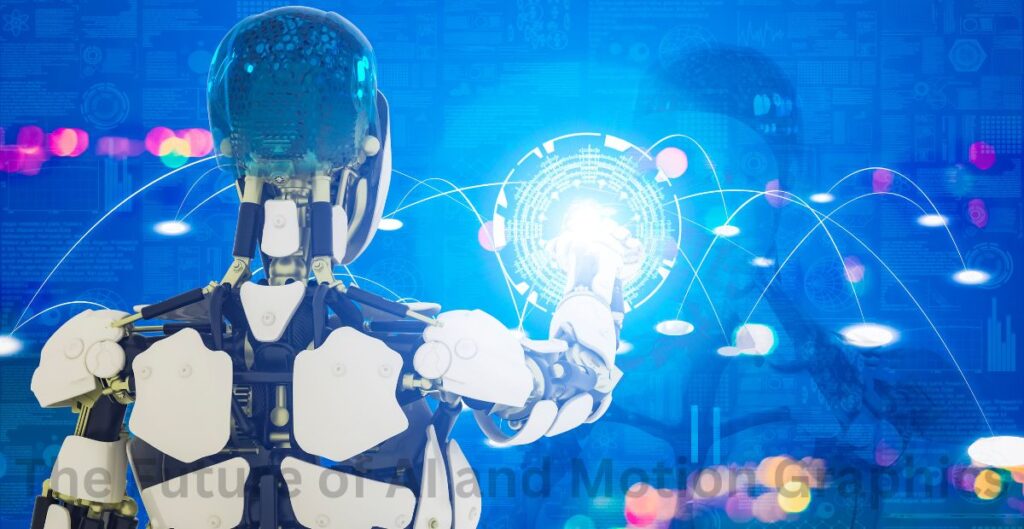Artificial intelligence (AI) is changing how we live and work. But when it comes to how women and men see AI, something interesting is happening. Many women express more fear or worry about AI than men. Why is this the case? And what role do gender stereotypes, data privacy, and AI discrimination play?
In this article, we’ll explore what’s causing these fears and how AI impacts women differently. Let’s unpack it all.
- Gender Bias in AI Hurts Trust from Women Users
- Women and AI Adoption Remains Uneven
- AI Gender Stereotypes Still Shape User Experience
- Women’s Trust in Artificial Intelligence Is Lower Than Men’s
- AI and Women’s Economic Security: A Ticking Clock
- Women’s Fears About AI Go Beyond Just Jobs
- Generative AI Gender Gap Is Real
- AI Impact on Women’s Careers Is Double-Edged
- Women’s Perceptions of AI Safety: Still a Concern
- AI and Workplace Gender Equality Needs More Work
- Women’s Attitudes Towards AI Technology Are Complex
- FAQ: Common Questions About AI, Fear, and Gender
Gender Bias in AI Hurts Trust from Women Users
One major reason behind the fear is gender bias in AI. AI systems often reflect the data on which they are trained. If that data is biased, say, with fewer female voices or less female-led content, the results can be unfair.
- Virtual assistants like Siri and Alexa were initially made to sound female and obey commands. This reinforces gender stereotypes.
- Job screening tools powered by AI have shown bias against women candidates in tech roles.
A 2019 study by MIT Media Lab showed that AI facial recognition systems were far less accurate on darker-skinned women than lighter-skinned men. This is a serious problem and proves why women’s trust in artificial intelligence can be low.
Women and AI Adoption Remains Uneven
When it comes to women and AI adoption, the numbers show that men tend to explore and use AI tools more than women. This could be due to:
- A lack of representation in tech fields
- A sense of exclusion from the conversation
- Concerns about safety or lack of control
Women may avoid AI tools because they feel these tools weren’t made with them in mind.
AI Gender Stereotypes Still Shape User Experience
The AI gender stereotypes baked into chatbots and virtual assistants can lead to frustration. Many women report that they feel uncomfortable talking to bots that always respond in a sweet, submissive female voice.
This reflects old-school gender roles, which can alienate users. Making AI more neutral and diverse in design can help fix this issue.
Women’s Trust in Artificial Intelligence Is Lower Than Men’s
So, why do women fear artificial intelligence more than men? Research shows that women tend to have less trust in AI for tasks like:
- Medical diagnoses
- Financial planning
- Career advice
This isn’t just about fear. It’s about experience. Women may have faced discrimination in tech spaces before and expect the same from AI systems.
Check out this article from the World Economic Forum, which explains how AI may worsen gender gaps if not designed carefully.
AI and Women’s Economic Security: A Ticking Clock
The rise of AI means many jobs could be automated. But what does that mean for AI and women’s economic security?
- Jobs in retail, customer service, and administration, mostly held by women, are at higher risk of being replaced.
- At the same time, women are underrepresented in AI-related fields like machine learning and data science.
This means AI could hit women harder, unless we make efforts to retrain and include more women in tech jobs.
Women’s Fears About AI Go Beyond Just Jobs
It’s not only about losing work. Women’s fears about AI include:
- Their personal data is being misused
- AI is making unfair judgments about them
- Lack of control over how decisions are made
There are rising data privacy concerns in AI. For instance, health apps powered by AI may share sensitive data without full user consent.
Learn more about AI data privacy in this Harvard Business Review piece.
Generative AI Gender Gap Is Real
In creative spaces, generative AI tools like ChatGPT and Midjourney are being used to create art, write code, and generate business ideas. But is everyone using them equally?
Studies show a generative AI gender gap. Men are more likely to experiment with these tools, while women feel less confident or are not even aware of them. That’s a big missed opportunity for innovation and inclusion.
AI Impact on Women’s Careers Is Double-Edged
AI has both positive and negative effects on careers. On one hand, it can help streamline work and reduce manual tasks. But the AI impact on women’s careers isn’t always uplifting.
For example:
- AI hiring tools can reject resumes based on gendered language
- Promotions can be influenced by biased performance analysis software
This is why ethical concerns about AI use are important. We need systems that support women’s careers, not limit them.
Women’s Perceptions of AI Safety: Still a Concern
Do women feel safe using AI?
According to surveys, women’s perceptions of AI safety are still cautious. They’re more likely to say:
- AI is moving too fast
- There’s not enough control
- The risks outweigh the benefits
These concerns should be taken seriously when designing new AI systems.
A good read on AI risk and safety is this article by UNESCO.
AI and Workplace Gender Equality Needs More Work
Many believe that AI and workplace gender equality can go hand in hand, if done right. But today, AI systems can often make existing problems worse.
If AI is used to monitor employees, it could lead to more stress, especially for women balancing home and work. If we don’t fix bias in data and models, we risk automating inequality.
Women’s Attitudes Towards AI Technology Are Complex
At the end of the day, women’s attitudes towards AI technology aren’t black and white. Some are excited about the possibilities. Others are deeply skeptical.
The solution is to include more women in building AI, not just using it.
FAQ: Common Questions About AI, Fear, and Gender
What do we fear when we fear artificial intelligence?
Mostly, we fear losing control, privacy, and fairness. Some fear job loss, others worry about safety and bias.
Is AI biased against women?
Yes, studies show many AI systems carry gender bias due to flawed training data and design.
Do males or females use AI more?
Men tend to adopt and experiment with AI tools more than women, creating a usage gap.
What is feminist theory AI?
This is a way of building AI systems that include women’s perspectives and challenge bias.
Why do women fear artificial intelligence more than men?
Because of past experiences with bias and exclusion, women are more cautious about trusting AI.
How does gender bias manifest in AI responses and tools?
AI may use male-dominant language, prefer male candidates, or reinforce old stereotypes.
Are women less likely to use AI technology than men?
Yes, often due to a lack of exposure, trust, or belief that AI doesn’t serve their needs.
Final Thoughts
AI isn’t just about machines, it’s about people. If we want technology that serves everyone, we must include everyone in the process. That means listening to women, removing bias, and creating tools that are safe, fair, and trusted by all.
Let’s build smarter, safer AI together.






